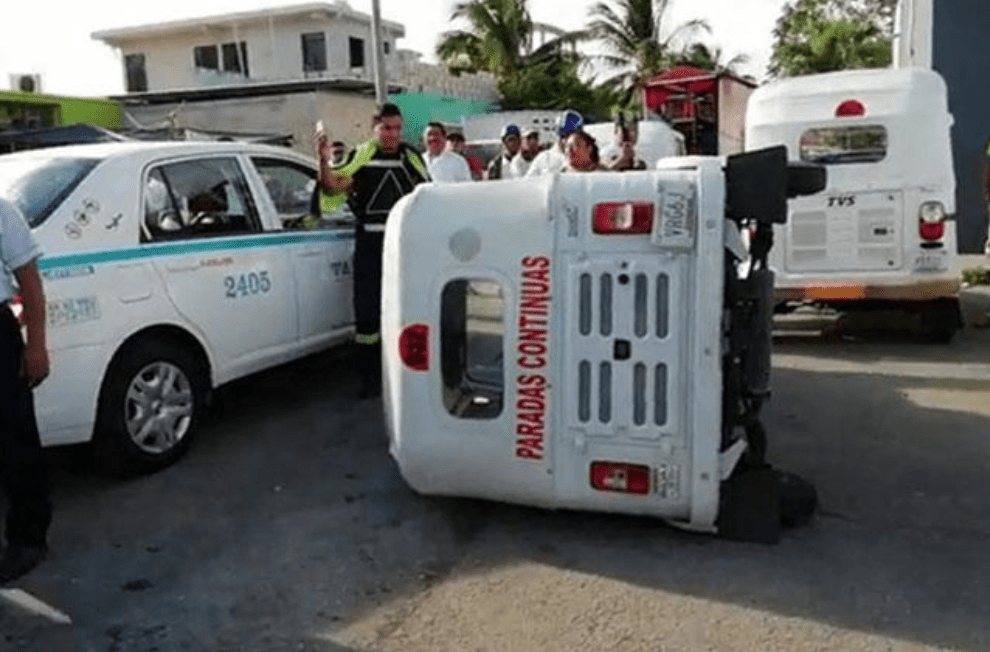
PLAS Graduate Works in Progress
Princeton University
February 24, 2022 · 12:00 pm—1:20 pm · Green Hall 0-S-6
Program in Latin American Studies

“The Making of Paranoid Working Class”
Presented by: Brandon Hunter, Ph.D. Candidate, Anthropology
This presentation traces the making of a working-class consciousness among taxi drivers employed in the tourism sector in the town of Playa del Carmen, MX. Based on two years of ethnographic fieldwork with the city’s only taxi driver union, Brandon shows how drivers’ direct and indirect involvement in the local vice economy generated a critical understanding of the entanglements between crime, political corruption, and licit capitalist relations. Drivers’ proximity to organized crime was not only the result of the prominent role drug dealing and other forms of vice play in the tourism economy, but reflected an uneasy alliance struck between leaders in the taxi union and local criminal elements. While some drivers economically benefited from this arrangement, he underscores the emotional, psychological, and sometimes even physical toll this took on drivers. Brandon observes that the working-class consciousness that emerges from this social milieu is on the one hand deeply anti-capitalist, and yet also affectively paranoid. Drawing from Eve Sedgwick’s critique of paranoid readings, he argues that drivers’ paranoia is both the source of their critical, working-class consciousness, and at the same time limits its emancipatory potential.
“Band-Aid Solutions: Competition, Capacity, and Unequal Health Care Provision in Brazil”
Presented by: Beatriz Barros, Ph.D. Candidate, Politics
Public works are often considered attractive tools for incumbents, either because of their visibility to voters, their value to corporate allies, or both. Theories of democratic accountability predict that politicians in electorally competitive municipalities will build more schools, pave more roads, and break ground on more clinics than their counterparts in less-competitive areas. In other words, these theories expect politicians to maximize credit-claiming opportunities. The empirical reality is less clear. Latin American governments routinely underinvest in infrastructure, and the literature tying electoral competition to public goods provision produces mixed results. In this paper, Beatriz argues that the visibility and salience of public works can paradoxically induce their underprovision. Public works are technically complex and can take months or years to conclude – if they are concluded at all. Consequently, politicians in electorally competitive, low capacity municipalities become blame minimizers. Using fine-grained municipal health budget data and a novel dataset on primary care clinic construction and renovation projects, she shows that administrative capacity moderates the effect of electoral competition on health care investment. Rather than investing in public works for which the risk of electorally costly implementation failure is high, blame minimizing politicians overspend on personnel and consumable goods and are less likely to initiate new construction projects.
This in-person workshop is open to Princeton University ID holders only. Registration is required to attend. REGISTER HERE
Masking is required for all in-person attendance in accordance with current University COVID-19 mitigation policies.















